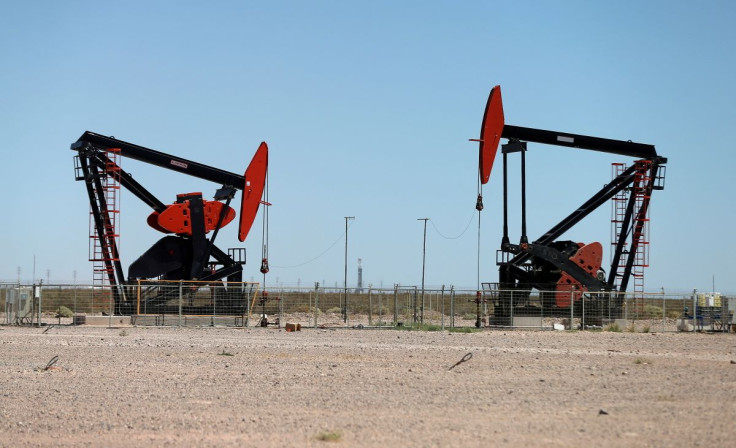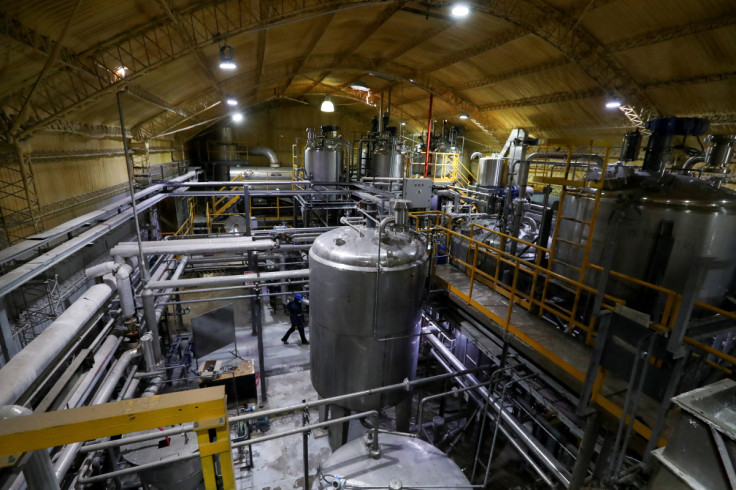Javier Milei's Win Signals Oil Sector Overhaul, Lithium Sector Stability

Libertarian economist Javier Milei won Sunday's presidential runoff election in Argentina, defeating center-left Peronist Finance Minister Sergio Massa by a double-digit margin.
The election caps a pivotal—and divisive—campaign. Now, president-elect Milei will be tasked with implementing sweeping reforms to the Argentine state in the midst of economic crisis, with limited political capital at his disposal as he faces a legislature controlled by the opposition.
Milei's policies are poised to transform the oil sector, while leaving Argentina's budding lithium sector relatively untouched. From the perspective of a foreign investor involved in the country's most critical commodity markets, Milei's election represents a new period of transition replete with opportunities and pitfalls.
Oil And Gas
Included on the long list of state entities which Milei has publicly expressed his desire to privatize is Yacimientos Petrolíferos Fiscales (YPF), Argentina's state-run oil and gas company.
Argentina holds the second largest recoverable shale gas deposits in the world, according to the U.S. Energy Information Agency. These deposits are largely concentrated in the Vaca Muerta formation in the Neuquén region in Northern Patagonia, an area with very limited development of the oil and gas industry until recent years. Vaca Muerta's shale deposits are considered of "phenomenal" quality by the companies operating there.
Despite previously existing government plans to ramp up oil and gas production from Vaca Muerta, including the construction of a new gas pipeline, output has grown slower than expected in recent years as the industry manages Argentina's unique foreign currency and pricing restrictions. YPF "holds the largest upstream market share" in Argentina's oil and gas sector, according to the U.S. International Trade Administration.
In addition to removing or reducing price controls, Milei plans to re-privatize YPF in a bid to immediately increase competition and attract new investments in oil and gas exploration to boost production.
YPF had been partially nationalized under the administration of President Cristina Fernández de Kirchner in 2012; in September, a U.S. judge ruled that the Argentine government owes more than $16 billion to shareholders involved in the YPF re-nationalization.
The Argentine state has an outstanding debt of over $40 billion to the International Monetary Fund, independent of the YPF ruling, as well as an annual inflation rate over 150%.
"Whatever can be in the hands of the private sector, will be in the hands of the private sector," Milei said in reference to the oil and gas industry on Monday during a radio interview.
YPF's value on the New York Stock Exchange (NYSE) shot up by over 40% on Monday morning.
Lithium
Argentina is currently the world's fourth largest lithium producer, and holds the world's third largest confirmed recoverable resources, according to the USGS.

The critical component of electric vehicle batteries and many other applications, lithium's global demand is projected to increase six-fold until 2030—Argentina's production is expected to outpace this growth, increasing ten-fold by 2027, according to analysts at the Eurasia Group.
Like oil and gas, surging lithium exports are poised to provide an influx of foreign capital and alleviate Argentina's currency scarcity.
Milei's election did little to change the near to medium term outlook for the dozens of largely foreign lithium miners operating in Argentina. Although Milei has yet to release a definitive policy statement regarding lithium, his prior rhetoric suggests that he would be unlikely to alter Argentina's existing system of provincial-level, decentralized regulations for the lithium mining industry.
The 3% provincial royalty tax ceiling for lithium mining in Argentina remains attractive to prospective investors, especially compared to the 40-50% ceiling in neighboring Chile and Bolivia—Milei has not expressed any indication that he would move to change this.
The risks for Argentina's lithium industry after Milei's victory are longer-term. It's unclear whether Milei's administration will take any action towards the various Chinese mining companies operating in Argentina, including Ganfeng Lithium, operator of the country's most productive lithium mine. It's also unclear to experts how Milei's planned dollarization will materialize, nor is it clear how those plans will impact global lithium markets.
The NYSE value for Livent, a U.S.-based lithium miner operating one of three active mines in Argentina, was up 7.6% as of Monday morning.
Outside of energy commodities, Milei has proposed to eliminate export tariffs for agricultural products in an attempt to boost GDP and make Argentine farmers more competitive with their Brazilian counterparts.
Milei's laissez-faire policies "are just the sort we farmers are looking for," Ariel Striglio, from Santa Fe, told Bloomberg in August.
Ultimately, Javier Milei's election comes at a critical time in Argentina's political and economic history—the country battles a crisis with the knowledge that relief may be around the corner in the form of commodity booms.
Milei has pledged to visit the U.S. and Israel before assuming office on November 10.
© Copyright IBTimes 2024. All rights reserved.












